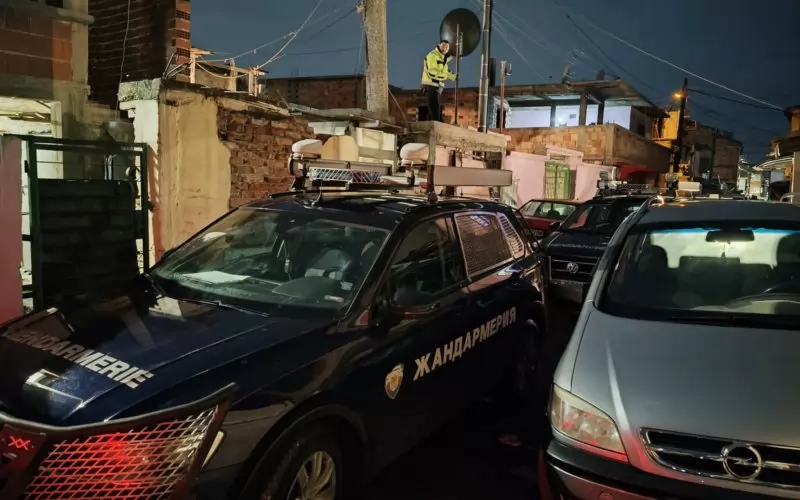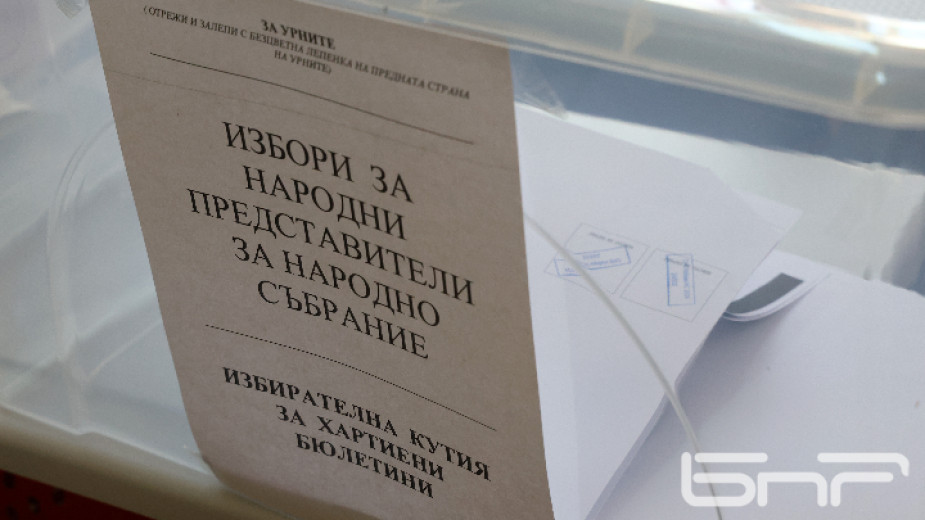Wragge (2014) raises the question why the debate about the supposed mass immigration from Romania and Bulgaria ever evolved. There are plenty of reasons to refute the arguments of the proponents of mass migration as the experiences with the free migration policy with Poland and the Czech Republic show. Also, the EU law protects Germany against excessive payments from the social security system. Wragge sees the origin of the debate in polemical statements by conservative politicians and in the dissemination of distorted images through the media: “An attempt to explain the existence of this debate leads to the images that we have of Bulgarians and Romanians. If one speaks of the predicted 80,000-200,000 newcomers – do we see only low-income families in Duisburg’s “problem houses” in front of us, or also the engineers, doctors and nurses who come to us? Around these images there is a raging “semantic battle” in the media […].” Furthermore, the responsibilities of the EU and the German government are repeatedly mixed in the debate and a false image the various actors is spread. Wragge identifies the debate as permeated by fears and taboos, such as naming problems as the immigration of Rroma by their name. He is, however, clearly wrong if he means that the immigration debate is a problem with the Rroma. The Rroma are exploited and instrumentalised by politicians and journalists for their purposes. They create a distorted, negative caricature of the Rroma, what makes them the real aggressors in the debate.
The district Reinickendorf in Berlin has been allocated 130,000 Euros for the years 2014 and 2015 to support immigrant Rroma in their integration process (Schindler 2014). The integration assistance is supposed to encompass language courses and the teaching of general social competences. The awarded funding is surprising in the sense that the ethnicity of immigrants is not identified. The figures are based on estimates and speak of 900 to 1000 immigrant Rroma in Reinickendorf. Schindler reproduces a one-sided image of needy, uneducated Rroma, which has been spread the media for over a year.
- Schindler, Christian (2014) Senat versechzehnfacht Integrationshilfe für Roma. In: Berliner Woche online vom 30.1.2014. http://www.berliner-woche.de/nachrichten/bezirk-reinickendorf/artikel/34823-senat-versechzehnfacht-integrationshilfe-fuer-roma/
- Wragge, Alexander (2014) Die Angst vor der Roma-Debatte. In: Cicero online vom 30.1.2014. http://www.cicero.de/berliner-republik/zuwanderung-die-angst-vor-der-roma-debatte/56943







